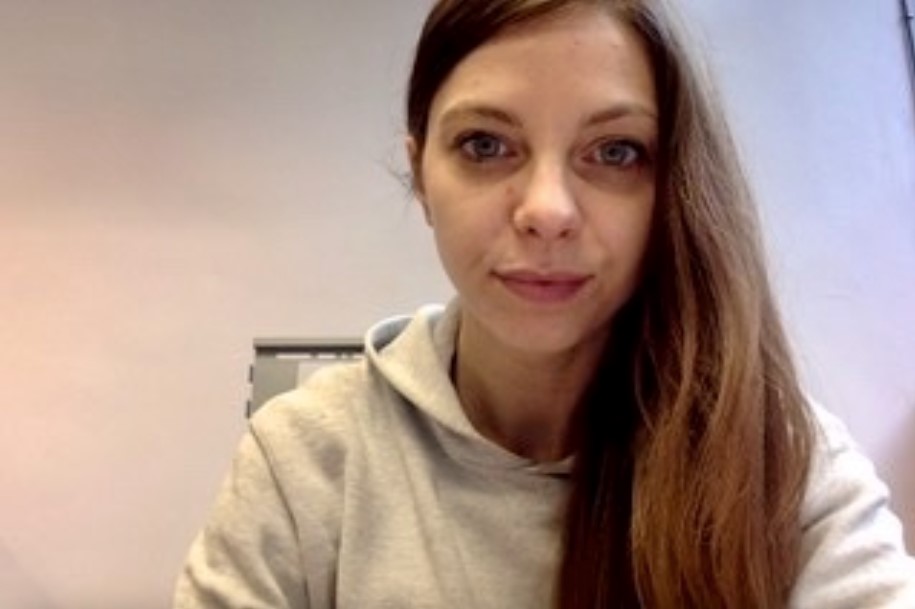On the tiny Greek island of Tilos refugees are welcomed as hope for the future. The island deals with a decreasing and ageing population and the refugees bring new life. The local government is happy to see them coming as they make it possible to hire a permanent doctor and an extra teacher. The The United Nations High Commissioner for Refugees (UNHCR) runs a program to help the refugees integrate in the local community. Some of them have found employment in the tourist industry, at least during the summer. There are plans for a small cheese factory where the milk of the islands numerous goats is used to make cheese. The factory will provide an income for three refugee families and three local families.
Frustrating under-capacity
“Refugees on Tilos are living a very different life compared to refugees in the overcrowded camps on other Greek islands such as Lesbos or those living in Athens”, says Elena Bonanini, who defended her PhD-thesis on humanitarian aid for refugees in Greece last December at VU.
In her research Bonanini explored the consequences of the Turkey-EU deal on refugees of March 2016 on the work of refugee organizations in Greece. She worked as a volunteer in an social center that provides legal, social, psychological and employment aid for refugees and other vulnerable groups. The center could only help the most vulnerable among the refugees. Others they had to send away. That was frustrating, found Bonanini.
Arbitrary criteria
To make matters more complicated, the Turkey-EU deal split the refugees into a group that has arrived before the deal and is entitled to go through the ‘regular’ refugee procedure and a group that has arrived after the deal was instated. The group arriving after march 2016 then splits up again into a group of refugees from countries that have a fair chance of getting asylum, like Syria, and refugees from countries that aren’t likely to get asylum. For this last group the procedure is simplified, with the aim to expel them back to Turkey as fast as possible.
“To apply for asylum is a human right for everybody and now arbitrary criteria like the date you applied or your country of birth play a key role in one’s access to aid”, Bonanini says.
On the island of Tilos most of the refugees living there were relocated from other islands. Only a few came to the island directly. And most of the refugees on Tilos belong to the group that has a chance at getting asylum. That doesn’t mean all is well for the refugees living on the island though.
Different future
Life on the island is hard. There are almost no services. Groceries are delivered twice a week by boat and if you have to see a dentist you have to go to Rhodes. Only once a week there is a possibility to go to Rhodes and come back on the same day.
In winter there is no work on Tilos. “Most of the refugees envisioned a different future for themselves and for their children”, tells Bonanini. For the employees of the refugee organization living on a small island isn’t easy as well. “You can not go anywhere after work, you are always part of this small community, so your work spills into your private life.”
When asked if Bonanini thinks refugees can be a solution for areas in rural Europe that have a decreasing population she hesitates. “Maybe there are no easy, general solutions with regard to refugees. In my research I saw that the organizations in the two places I investigated, Athens and Tilos, both have their own problems to deal with. The local government of Tilos sees the refugees as a solution, but most refugees do not see themselves staying there long term and when you put yourself in their position one can see why. It’s complicated.”
Elena Bonanini was a self-funded PhD-student at VU. She is happy with the support of her supervisors from the anthropology department. Her thesis can be read here.
